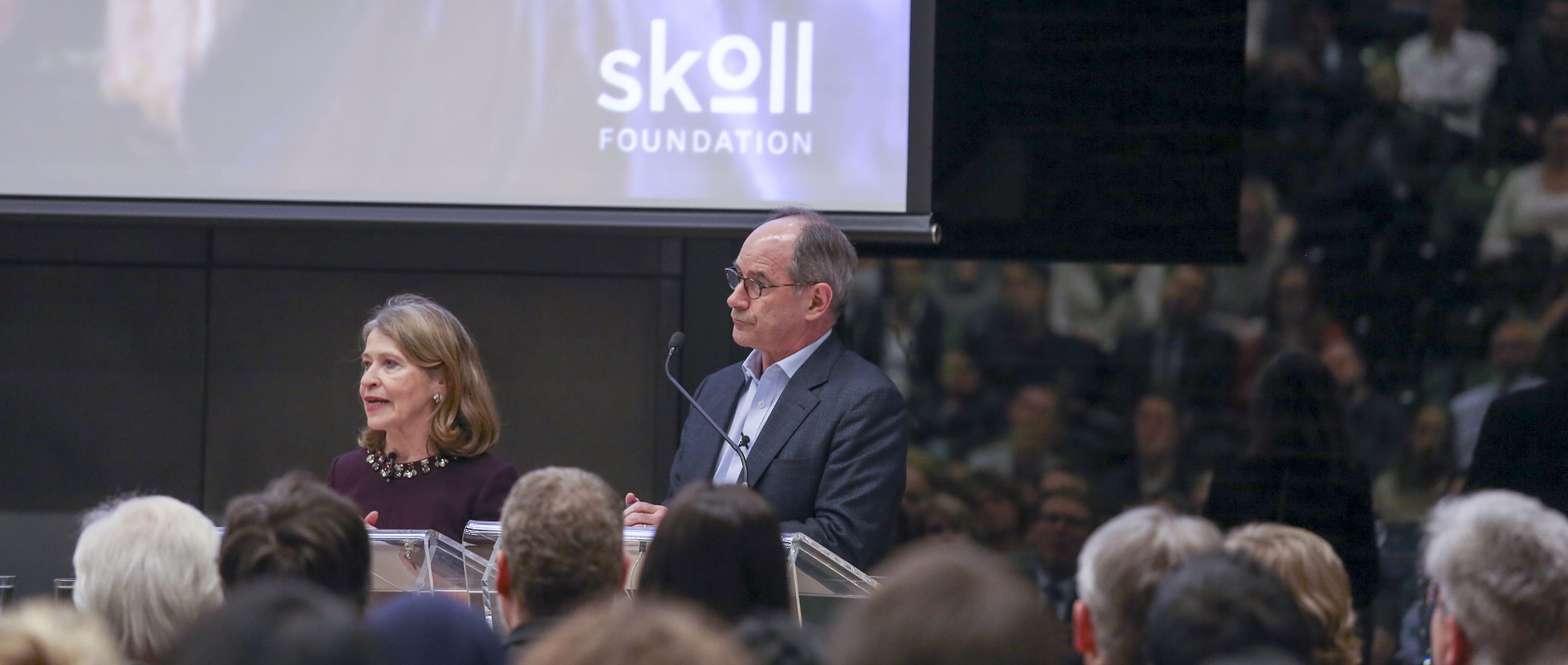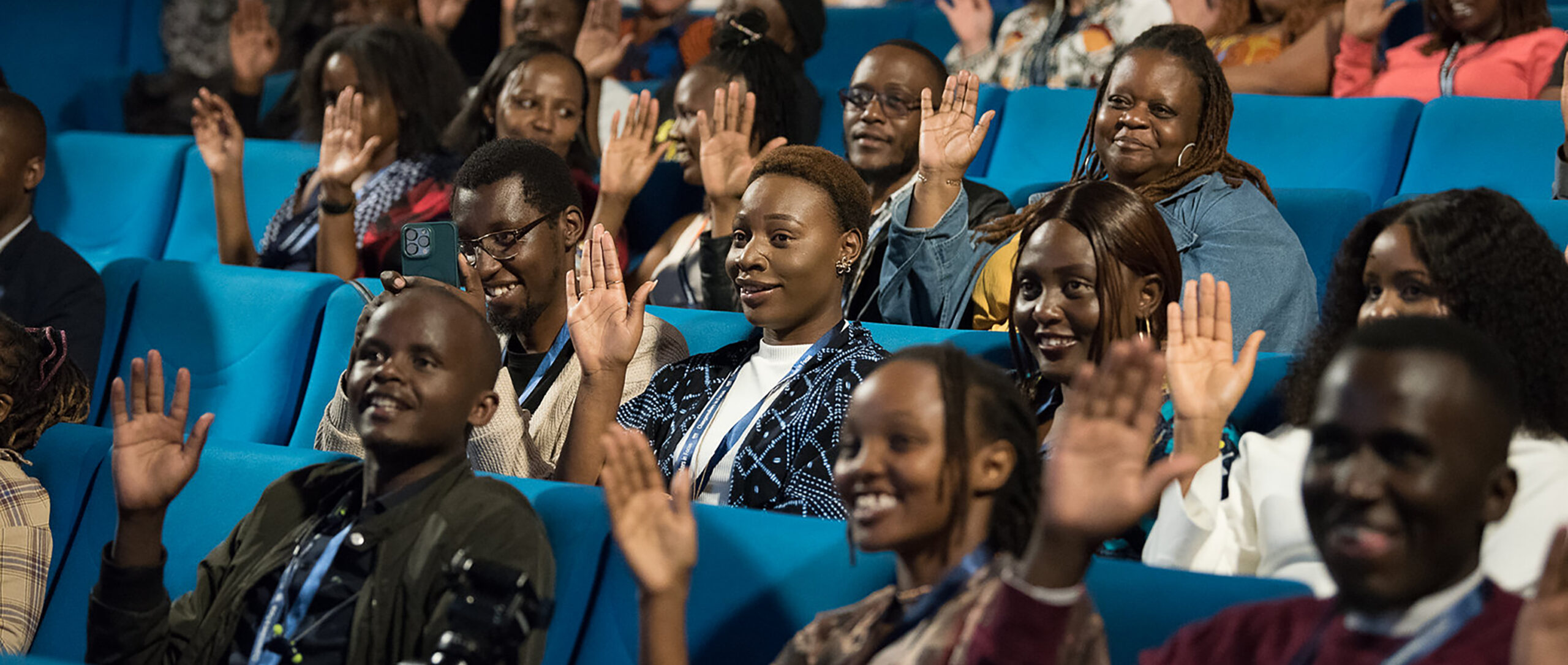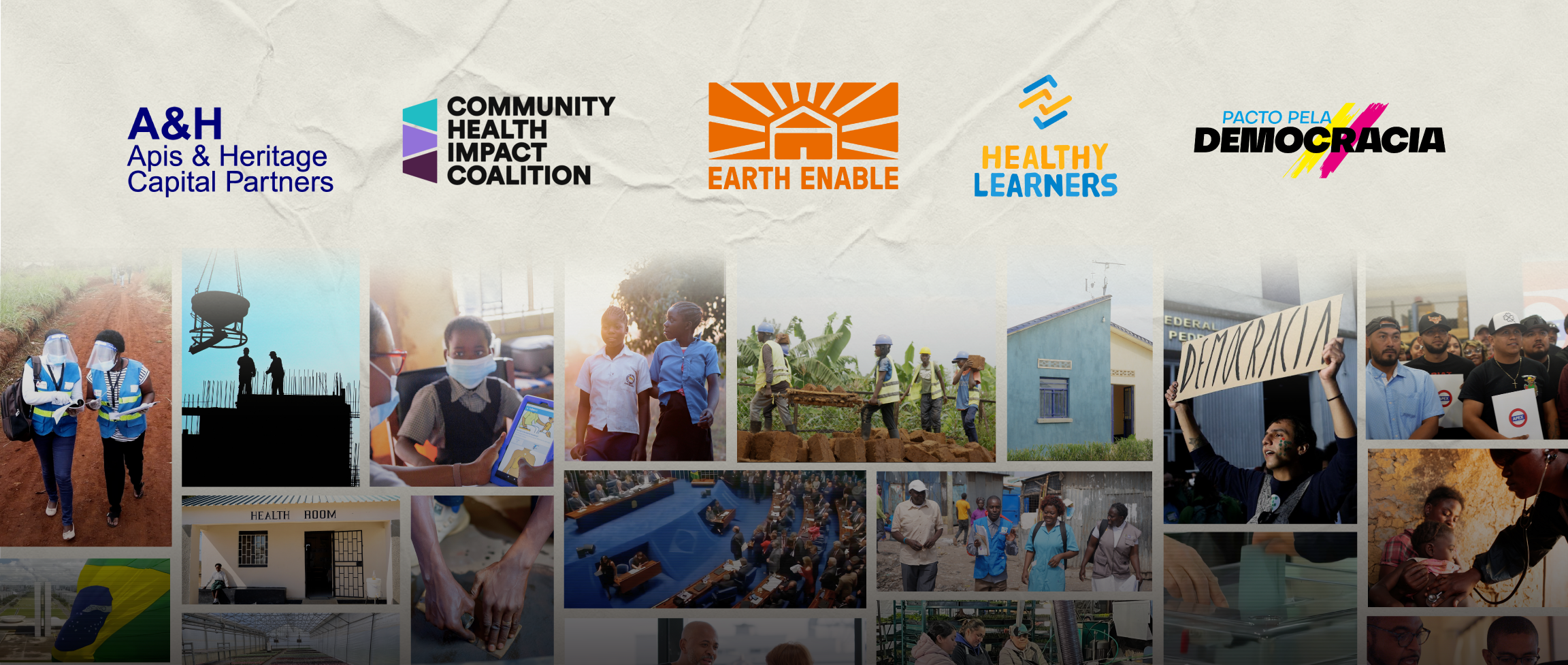Getting Beyond Better Syllabus: Being a Social Entrepreneur Is a Way of Seeing and Being in the World
Since the 1990s, demand from students for social entrepreneurship courses has mushroomed.
Why? Because as the world started to realize that social progress is essential to the wellbeing of individuals, communities, and the planet, students started demanding approaches and tools that could help solve thorny social ills. Twenty-plus years later, social entrepreneurship has seeped into the popular zeitgeist, as understanding and knowledge of it has continued to deepen.
The trend toward social entrepreneurship was obvious even 15 years ago, when the Skoll Foundation helped spur demand by creating the Skoll Centre for Social Entrepreneurship at Oxford University’s Said Business School.
Our original goal for the Skoll Centre was straightforward: to ensure students seeking to learn more about social entrepreneurship were afforded the opportunity to do so.
Our target audiences were those convinced that business was poised to play an increasingly positive societal role. We designed the Centre’s program with their needs at the core. We created the Skoll Scholarships to help practicing social entrepreneurs build their business skills and networks. Research was initiated in germane areas and courses were developed for students, with many classes geared toward advancing the field of social entrepreneurship as a whole. The Skoll World Forum was convened to bring together seasoned practitioners and representatives from philanthropy, investing, corporations, government, and media to broker partnerships, share knowledge, and discuss their experiences.
Ten years ago we realized that despite the existence of the Skoll Centre and dozens of similar centers based in colleges and universities all over the world, fundamental questions about just what social entrepreneurship is were no closer to being settled.
For the Skoll Foundation, whose mission to “drive large-scale change on the world’s most pressing problems by investing in, connecting, and celebrating social entrepreneurs and the innovators who help them solve the world’s most pressing problems,” clarity as to just what we mean by social entrepreneurship was not only an academic issue, but key to our strategy. Accordingly, we anchored ourselves in our founder Jeff Skoll’s aspirations for creating the Skoll Foundation in the first place; read through academic literature on both entrepreneurship and social entrepreneurship; and—most importantly—evaluated our own experience and portfolio.
In the spring of 2007, we published the fruit of that exercise, “Social Entrepreneurship, the Case for Definition” in the Stanford Social Innovation Review. Since then, that article continues to be among the top downloaded pieces in the journal’s history and has been cited by other authors more than 1,100 times, which speaks to the continuing clamor for clarity from those interested in the idea and practice of social entrepreneurship.
As our experience with social entrepreneurs has continued to grow—the Skoll portfolio now includes nearly 100 ventures either founded or led by social entrepreneurs—we once again felt the impetus to take stock of what has become a legitimate field. Together, we turned to our portfolio in order to test our original thinking and look for new patterns and approaches that would advance both understanding and action.
So, three years ago, we rolled up our sleeves and got to work. In late 2015, our findings were distilled in a book published by Harvard Business Review Press: Getting Beyond Better: How Social Entrepreneurship Works.
With the book’s release, Roger, who now heads the University of Toronto’s Martin Prosperity Institute, suggested developing a companion syllabus—and Nogah Kornberg, who co-leads the Institute’s I-Think Initiative, accepted the challenge. A former teacher herself, Nogah kept two criteria front and center: first was ensuring that readings aligned with the lead concepts and content of each book chapter, and second was appreciating the interests and needs of the syllabus’s target constituents: students.
Nogah internalized these criteria and mapped them to a larger insight, that “being a social entrepreneur is a way of seeing and being in the world.” In the syllabus, she draws from a body of thought far broader than academic literature focused on social entrepreneurship per se, reasoning that students were hungry for knowledge derived from experience. Hence, the syllabus identifies readings intended to bridge easily to practice—readings from fields like strategy, innovation, systems knowledge, and integrative thinking.
Over time, we hope to learn from all those who’ve used the book and syllabus in their classrooms, from instructors and their students, and ultimately from those budding or seasoned social entrepreneurs and their supporters who’ve been inspired and informed by what they’ve read.
For us, as Nogah’s reflections attest, the journey continues!



